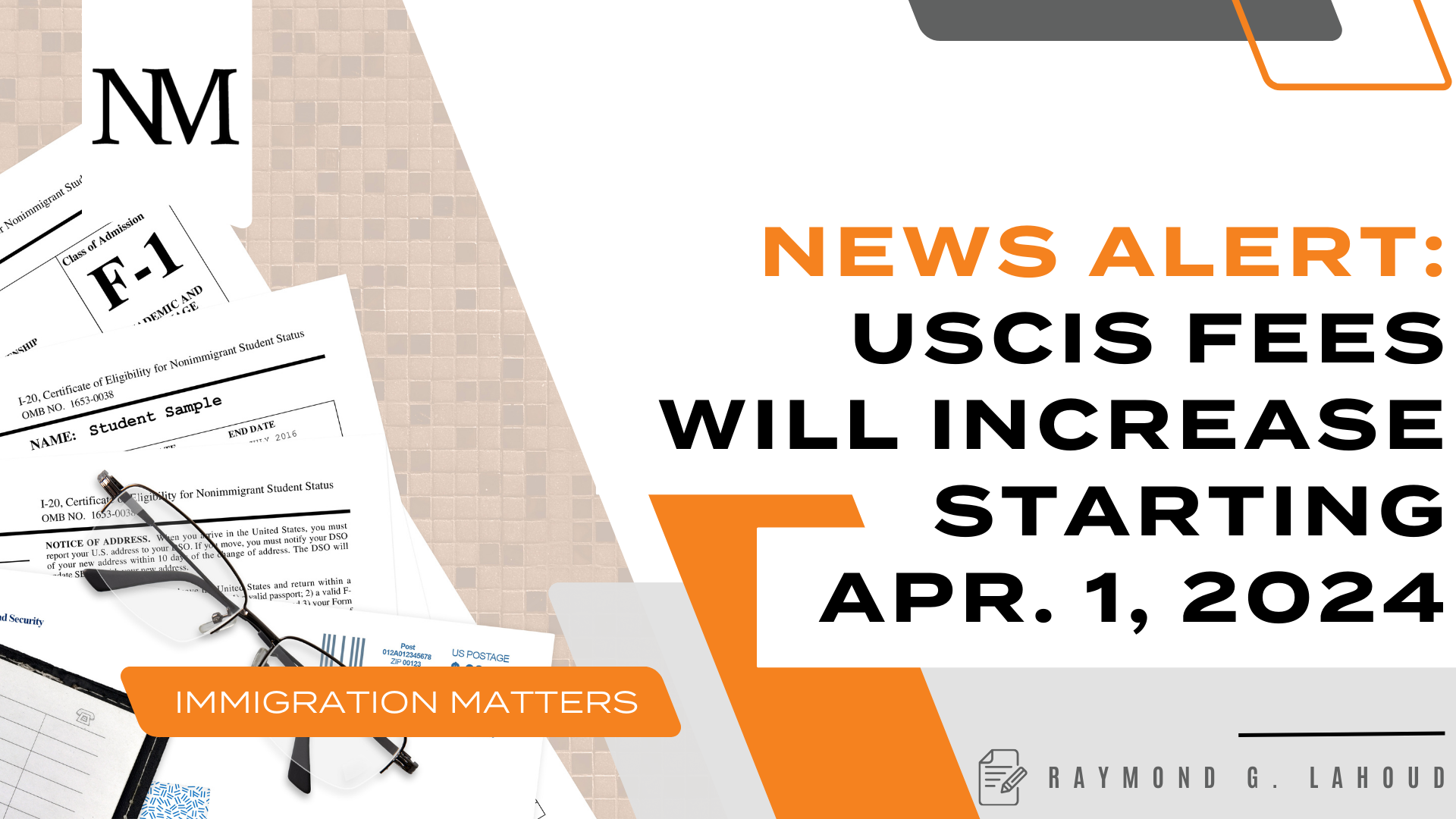Executive Office for Immigration Review Update: Motion to Reconsider Denied

The Justice Department’s Executive Office for Immigration Review (EOIR) Office of the Chief Administrative Hearing Officer (OCAHO) has published a precedential decision in A.S. v. Amazon WebServices Inc., 14 OCAHO no. 1381b (2021). On February 11, 2021, the Hon. Andrea R. Carroll-Tipton, Administrative Law Judge (ALJ), entered an order denying Complainant’s Motion to Reconsider the ALJ’s December 23, 2020 order, in which she denied Complainant’s Motion to Compel Discovery Responses.
Executive Office for Immigration Review Update
This case arose under the employer sanctions provisions of the Immigration and Nationality Act (INA), as amended by the Immigration Reform and Control Act of 1986 (IRCA), 8 U.S.C. §1324b. Complainant alleged that Respondent failed to comply with provisions precluding certain employers from engaging in discrimination based on citizenship or immigration status.
The ALJ considered Complainant’s Motion to Reconsider and Respondent’s opposition. OCAHO’s Rules of Practice and Procedure do not contemplate motions for reconsideration of interlocutory orders. Therefore, the ALJ relied upon Federal Rule of Civil Procedure 54(b) and applicable circuit court case law, which set the standard of review for reconsideration of interlocutory orders to be “as justice required.”
She did not consider a counter-response subsequently filed by Complainant, finding it to contravene 28 C.F.R. §68.11(b). That regulation makes clear that “no reply to a response, counter-response to a reply, or any further responsive document shall be filed” unless the ALJ has provided otherwise.
Motion to Reconsider Denied
In his Motion to Reconsider, Complainant asked the Court to compel Respondent to provide discovery responses, but provided no evidence or argument asserting the ALJ had incorrectly applied the regulation to the facts. The Court has the discretion to reverse a decision even without additional evidence or argument; however, the Motion did not argue that justice required a different decision. Therefore, the Motion to Reconsider was denied.
Without affecting that decision, the ALJ provided information and analysis to assist the pro se defendant. She noted that in his December 24, 2020 filing, much like in his initial Motion to Compel, Complainant was not specific with respect to his questions or requests. The filing also lacked specificity as to the objections made by Respondent. In other words, a motion to compel should include a specific discovery question and the opposing party’s response to that specific question.
Finally, the ALJ noted that the December 24 filing was unclear as to whether Complainant had met and conferred with Respondent about the specific discovery queries. Respondent’s Opposition had asserted there had been no such meeting but indicated a willingness to “meet and confer with Complainant concerning his discovery demand.” Further, the ALJ encouraged the parties to meet and confer about the specific items at issue, and work together to resolve discovery issues whenever possible.
To learn more about this blog post or if you have any other immigration concerns, please feel free to contact me at rglahoud@norris-law.com or (484) 544-0022.




